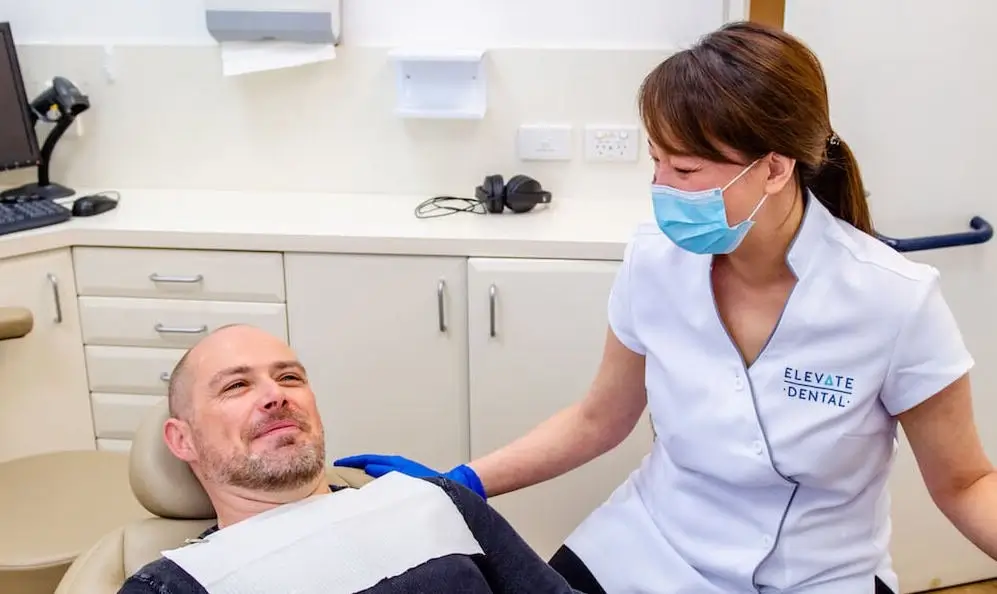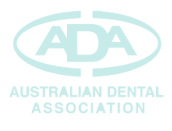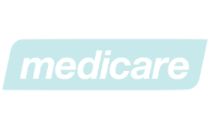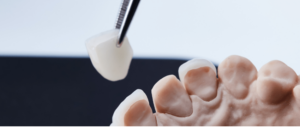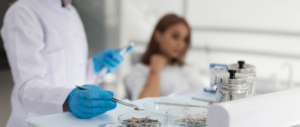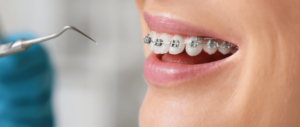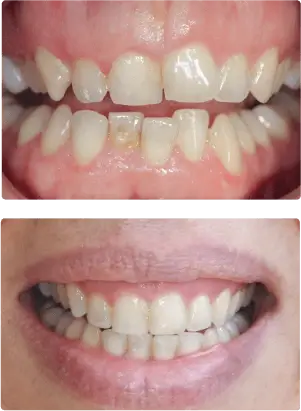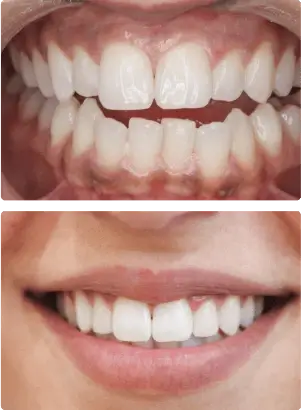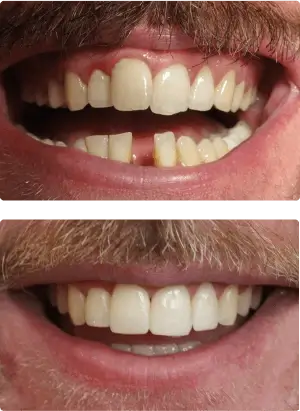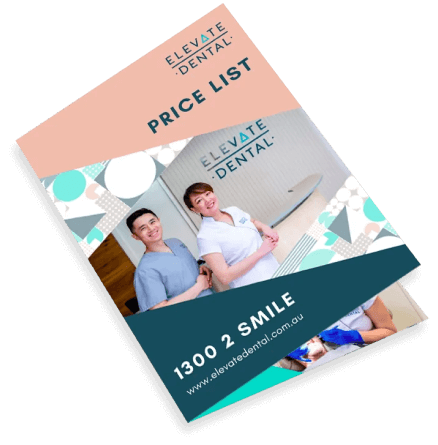One of the most important aspects of overall wellbeing is oral health, and fear of the dentist is incredibly common. Studies estimate almost one-in-four people worldwide suffer from some degree of dental anxiety or discomfort regarding a dental check-up; whether it be a manageable anxiety, or complete dentophobia – also known as odontophobia.
Dental Anxiety vs Dental Phobia
Like any phobia it’s defined as an extreme or irrational fear; and to those experiencing it, it isn’t irrational at all. Commonly it stems from a traumatic dental procedure during childhood, or one extreme situation as an adult. It may have been a simple dental treatment that was either unexpected or mismanaged; but whatever the cause it left an indelible emotional marker that sets a lifetime of less-than-optimal health because mouth, teeth and gum issues affect the entire body.
For most, dental anxiety is an affliction that’s disturbing, but not disabling. Many, however, are so terrorised by the thought of the dentist it’s avoided at all costs: until the inevitable reality of an aching tooth or gum infection absolutely forces a dental appointment.
Dental anxiety and odontophobia and dental is a spectrum, and although they are differently defined, they are two ends of a continuum in daily dental practice.
Phobics will do anything to avoid seeing any practitioner, and are literally compelled to attend only when the pain outweighs the fear of the dentist; and unfortunately it’s usually at quite a critical point when earlier intervention would have been less complex, and with a more positive outcome.
There are people who haven’t been to the dentist for two or three decades, and many whom struggle just to get to the appointment – sometimes to not be able to turn up at all.
And there are distressing extremes of DIY dentistry borne of the complex equivalence of agony, desperation, and the inability to lie back in a dentist’s chair.
Dr Sharonne Zaks is not your average dentist, nor is she your average musician! With over 20 years in private practice in Victoria, Australia, her specialty is anxious and phobic patients, and survivors of sexual assault and trauma. Her methods empower PTSD sufferers and trauma survivors, and both nationally and internationally, dentists are trained in her approach.
Sharonne created Gobsmacked: A Celebration of the Mouth a cabaret of dental where brushing and flossing are sexy; the result of her first four-and-a-half frustrating years in dentistry. “…people, particularly adults, not knowing how to brush and floss,” she says. “It’s crazy that people don’t know these basics. I do fillings all day and they’re all avoidable. I wanted to reach more people at once. I feel a professional obligation.”
Didactic information on oral hygiene has never been successful, particularly for adults and the show incorporated all the oral hygiene techniques very insidiously, and for people to have a great laugh – its intention was always for it to be very funny.
With an advanced diploma of music, piano playing and trumpet skills, Dr Sharonne Zaks has proudly featured in support bands for The Cat Empire National Tour, performed at the Melbourne International Comedy Festival, and is a well-known speaker on the TEDx circuit.
It is of her experience that she tells of the man who walked sweating, shaking, and very ashamed into her surgery with a piece of string hanging from his mouth.
He’d had a broken tooth for years, but his phobia had prevented him coming. He’d super glued the tooth back together – but it was back to front and upside down. He’d used a tampon for moisture absorption, which had become stuck to the dangerously misrepaired tooth.
The use of household super glue for anything dental carries immense risk, notwithstanding that the active ingredients are cyanoacrylates and considered toxic. These adhesives differ from traditional glue where water and solvent-based adhesives cure by evaporation, and epoxy requires a two-part system to initiate curing, cyanoacrylates rely on atmospheric humidity and surface moisture as the catalyst. This means that if super glue is used on a perfectly dry surface, it cannot change from liquid to solid and create a durable bond.
In contrast, when any amount of moisture is present, the molecules of the cyanoacrylate will react with moisture and form long polymeric chains between the contact surfaces, generating exothermic heat and instant adhesion.
It’s this quick setting time that guarantees easy mistakes, such as was dealt with by Dr Zaks. Most troublingly, cyanoacrylates can damage the tooth structure by killing the tooth’s inner dentin tubules – an extensive and costly repair.
How Does Dental Phobia Manifest?
Dental phobia can manifest in different ways: from outright avoidance, to panic attacks in the dental chair. During the appointment, patients can find it extremely challenging to stay the chair; there can be crying, excessive perspiring and uncontrollable shaking. Often there is the need for numerous breaks in order for the dental treatment to be able to be completed.
In Australia alone, 1.5 million people have an actual dental phobia – with millions more affected by dental angst; one of the most common forms of anxiety in the world.
Any issue with visiting the dentist can kick-start a troubling pattern of worsening oral health, which creates a cybernetic loop of more avoidance, and the further compounding of dental issues. The oral health of the mouth duly deteriorates, there is shame, guilty and embarrassment attached and the spiral of more avoidance and oral health issues continues.
It can lead to diabetes, heart disease and other life-threatening disorders.
It is a cycle of shame that had Sydney resident Shane Carr avoiding the dentist for many years, despite having cracked teeth, cavities, bleeding gums and bad breath. Turning 40 was the impetus for him to face his entrenched fear of the dentist.
The ABC’s Catalyst had a pop-up dental clinic that turned up on Shane’s Facebook feed.
“I thought – I need to get over this, I have to look after myself a bit better and try and get over being afraid to brush my teeth, and start looking at going to a dentist, and the dentist chair, and that drilling noise,” he said. Dr Zak’s patient committed to his first dentist appointment in 20 years (aside from an emergency extraction that he was forced to act upon due to severe pain).
When he drove up to the clinic, fear of the dentist and anxiety meant his first instinct was to run. “I thought, I can’t let them down, they are expecting me,” he said, and started deep breathing to calm himself and find his centre.
Common reasons for an emotional reaction to the dentist are negative experiences as a child or teen, and being influenced by the fears and stories of other people like parents or close friends. Dr Zaks maintains, and the Victorian Government’s Better Health Channel agrees, that the inability to be in a dentist’s chair can also stem from sexual assault, domestic violence, head and neck injuries, or multiple forms of trauma – which she often sees in refugees.
Every trauma involves a loss of control and personal agency, and no power at all to change a distressing or threatening situation.
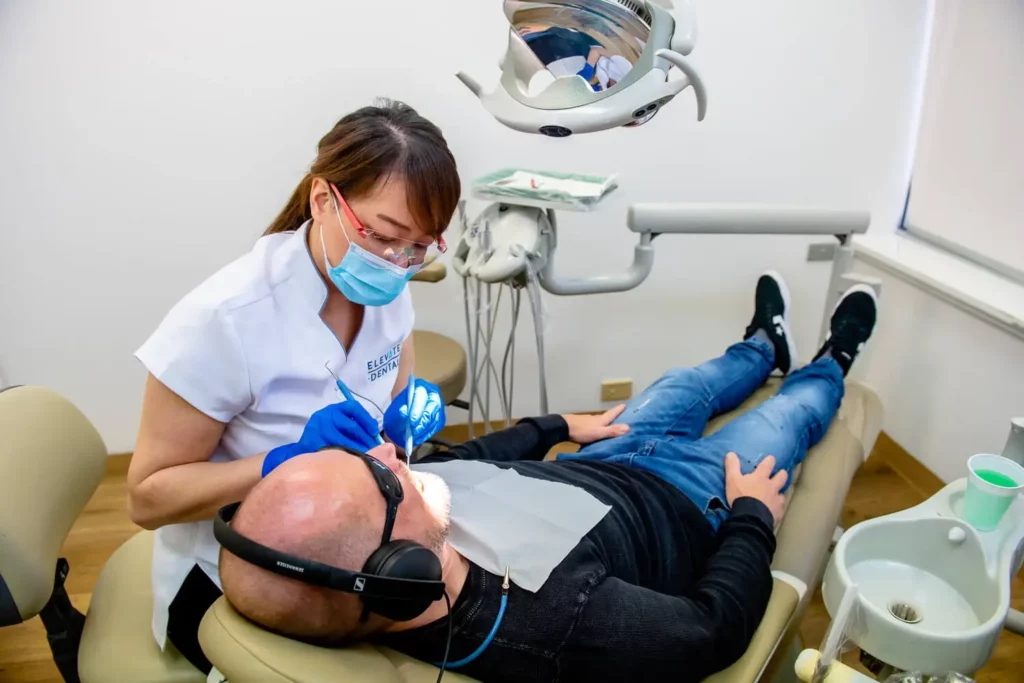
We see it now with COVID-19.
When we lose our power, and therefore a sense of self, it stays with us. Physical bodies have cellular memory of traumatic experiences. Any feelings of powerlessness, helplessness or having little control for a previously traumatised person, triggers this cell memory of the initial event firing all the requisite synapses and chemicals to reproduce this emotionally adverse response.
Even knowing that it is just a chemically automated sensation is a breakthrough for many; that it’s not because they’re mentally unsound, and that they really don’t have control over it – until they break it down into merely a process, and disassemble and reframe each part.
General anxiety, depression or post-traumatic stress disorder can also bring about the view of the mouth as an extremely personal area with any access perceived as a gross invasion of personal space.
Unfortunately, the dental environment is full of triggers, with an enormous power imbalance between practitioner and patient.
Other conditions such as agoraphobia, claustrophobia, and obsessive compulsive disorder, make easy access to dental care impossible without the necessary approaches, beginning with a relationship between dentist and patient where technical expertise builds trust, and thereby for some, a truly life-transforming connection.
How to Deal with Dental Anxiety During an Appointment
Discussions of fears and vulnerabilities are welcomed by practitioners and staff because it makes it easier to make it easier. Dental treatment strategies can be planned appropriate to dental anxiety. “Stop” cues can be implemented; a mutual benefit. Anxious patients don’t have to endure beyond any level of comfort, and dentists can be more confident they’re not misreading responses, can concentrate more fully on the procedure at hand and progress more swiftly.
The impact dentists have is incredible – and what has been done can be undone, with honest conversation, and coping techniques of which there are many, and varied.
A dental visit doesn’t have to involve a dental treatment or a tool, and a friend can always be brought for support. Deep breathing and other relaxation techniques can be used, along with a soothing object, or favourite music for reducing dental anxiety.
Music and dentistry are a neat fit. Dentistry is a beautiful dance of skill between the dentist and the nurse and the patient. There’s so much trust and rhythm. It’s like an orchestra.
A rolled towel or back cushion can help breathe more easily, and a blanket over your body can be comforting. Talk to your dentist about the use of happy gas – the effective conscious sedation of nitrous oxide.
Sedatives, IV sedation and general anaesthetic should have a ‘last resort’ outcomes: each involve side effects, extra cost, and are often avoidable with the right understanding and communication.
For some dental anxiety cases, short, targeted cognitive behavioural therapies can be very successful. Counter-memories can be created for horrendous experiences: they’re not forgotten but they’re more removed, and the circuit broken.
Dentists are there to support and help care for your health.
Dental Fear Central is a wonderful non-profit online resource with useful advice, tips, and discussion forums with others dealing with dentist issues and the solutions that have worked for them.
Binaural beats work incredibly well for some. Binaural beats, or binaural rhythms is an emerging form of sound wave therapy. It makes use of the right and left ear each receiving a slightly different frequency that the brain perceives as a single tone.
Advocates recommend it for the treatment of dental anxiety and stress related disorders, available in the form of downloadable audio recordings to listen to on stereophonically.
Although results are very positive, research is inconclusive about the clinical benefits of binaural beat therapy, and it’s currently considered a semi-experimental self-help treatment.
Sleep dentistry is also an option for a dental anxiety free experience, as well as hypnotherapy, meditation, and ‘dental spas’. Patient experience is the focus for these clinics, and they can include relaxation techniques and massage therapies and chairs, paraffin wax hand treatments, aromatherapy, headphones, virtual reality glasses, overhead tvs and reflexology.
Conclusion
Whatever it takes, it’s imperative for a healthy life to be able to regularly see your dentist: the one that you choose. Because more than their expertise, is their empathy and understanding of your fears and dental anxiety, and their kind-natured strategies that make their dental chair so welcoming.
Note: All content and media on the Elevate Dental website and social media channels are created and published online for informational purposes only. It is not intended to be a substitute for professional medical advice and should not be relied on as health or personal advice.
